So, you’ve decided to embrace the call of the wild and embark on the thrilling journey of hunting. Whether you’re a seasoned outdoors enthusiast or a rookie looking to try your hand at this ancient pursuit, the first step on your path to becoming a hunter is acquiring a hunting license. Hunting regulations vary widely from state to state and change over time. Therefore, it’s vital to stay informed and consult your state’s wildlife agency or department for the most up-to-date and state-specific information.
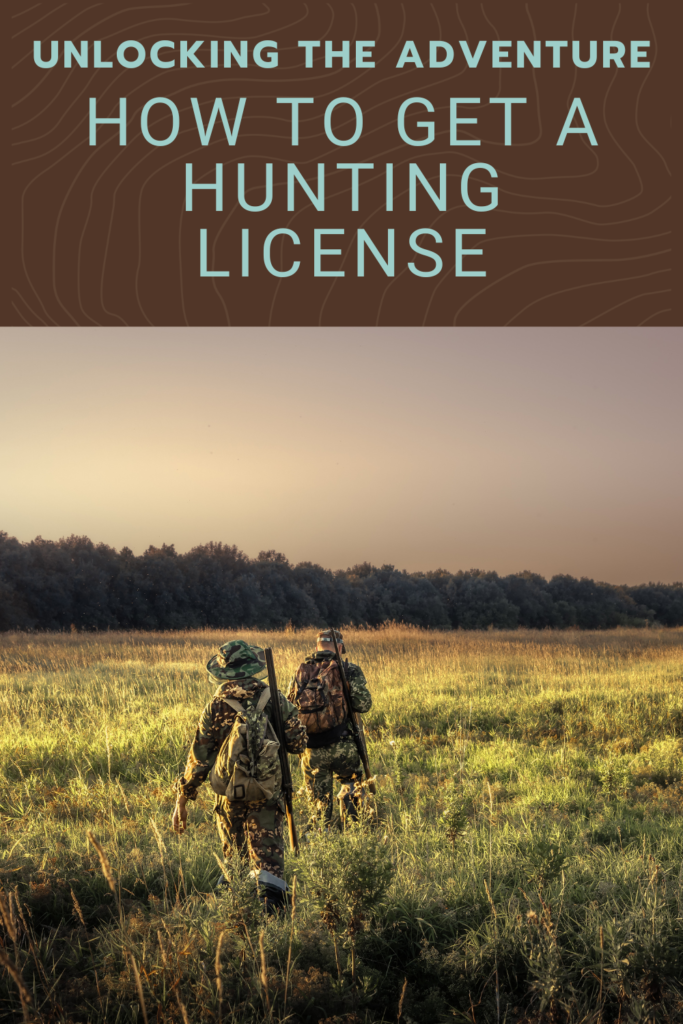
The Hunting License Odyssey
Residency Rules
Before you dive into the exciting world of hunting, you’ll need to determine your residency status in the state where you plan to hunt. Resident and non-resident hunters often face different license fees, so understanding your status is crucial. This distinction typically depends on where you live, so if you’re hunting in your home state, you’ll likely qualify as a resident. Non-resident status applies if you’re venturing beyond your state’s borders.
{{Want to learn how to hunt? Check out our e-book!}}
Choose Your License Type
Hunting licenses come in various flavors, like a menu at your favorite restaurant. Different states offer general hunting licenses, specific game tags, and permits tailored for special hunts such as waterfowl, big game, or small game. To start, you need to decide what type of hunting adventure beckons you and what species you wish to pursue. This choice lays the foundation for your hunting experience, as it determines the specific permissions you’ll hold.
The Education Prerequisite
Many states, especially those concerned about safety and ethics, require aspiring hunters to complete a hunter education course. These courses serve as a valuable rite of passage for first-time hunters. They cover essential topics like firearm safety, hunting ethics, and regulations specific to your state. While these courses add a layer of preparation, they also enhance your understanding of the responsibilities that come with hunting.
Licensing Made Easy
Once you’ve established your residency, chosen your license type, and completed any required education, it’s time to purchase your hunting license. Most states offer a straightforward online platform where you can conveniently acquire your license. Alternatively, you can visit authorized vendors, which may include sporting goods stores or other local outlets. Be prepared to provide personal information and, in some cases, proof of your completed hunter education course.
Special Game Tags and Permits
Depending on your hunting ambitions, you may need more than just a general hunting license. Certain states require specific game tags or permits for particular species or types of hunts. For instance, if you dream of stalking big game, waterfowl, or elusive small game, you might need additional documentation. Some states even employ a lottery system for coveted tags, making it essential to be aware of application deadlines and processes.
Navigating the Regulatory Maze
Understanding hunting regulations is fundamental to responsible and ethical hunting. Regulations encompass a wide range of details, such as season dates, bag limits, and rules specific to the game you’re pursuing. These regulations can change from year to year, so it’s crucial to stay updated. Keep an eye on announcements from your state’s wildlife agency or department to ensure compliance and make the most of your hunting experience.
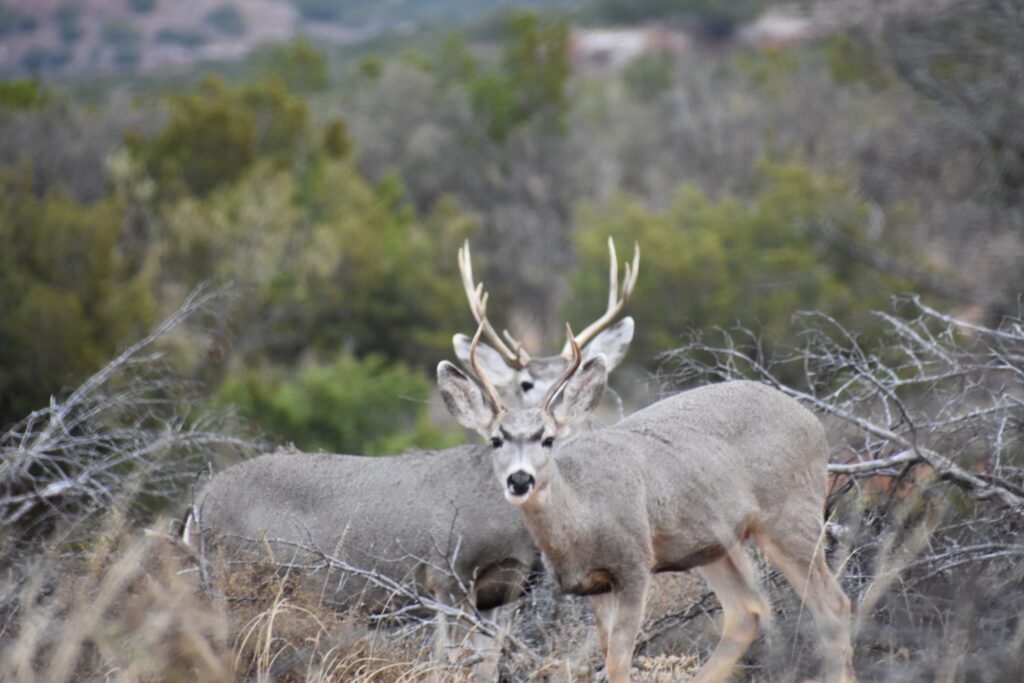
The Code of the Wild: How to Get a Hunting License
Safety Above All
Hunting isn’t just about scoring that prized trophy; it’s a journey that demands responsibility and respect. One of the most vital aspects of this adventure is safety. Prioritize firearm safety, practice responsible hunting, and uphold the highest ethical standards. Always remember that the thrill of the hunt should never come at the expense of safety—yours or anyone else’s.
{{Want to learn how to hunt? Check out our e-book}}
Respect Wildlife and Property
As a hunter, you are a steward of the land and its inhabitants. Respect for wildlife and private property is non-negotiable. Follow ethical practices when engaging with the natural world. Abide by hunting seasons and bag limits, ensuring the sustainability of game populations. Always seek permission from landowners before entering their property to hunt, maintaining the trust of the communities where you seek your hunting adventures.
The Aftermath: Reporting and Renewal
The Harvest Report
In some states, your responsibilities extend beyond the hunt itself. Certain regions require hunters to report their harvest or check in their game. This data collection plays a vital role in wildlife management and conservation efforts. Understanding the reporting requirements in your state is essential. Failure to comply can result in penalties and hinder conservation efforts that ensure hunting opportunities for future generations.
License Renewal
Finally, if your love for hunting extends beyond a single season, don’t forget to renew your hunting license before it expires. Keeping your license current ensures your continued participation in this cherished pastime. Keep an eye on expiration dates and renewal procedures specific to your state.
In conclusion, the path to obtaining a hunting license is a thrilling journey in itself, marked by decisions, education, and responsibilities. Remember that hunting regulations can change, so it’s crucial to consult your specific state’s wildlife agency or department for the most accurate and up-to-date information on obtaining a hunting license. Additionally, always prioritize safety and ethical hunting practices when participating in hunting activities. So, gear up, respect the wild, and savor every moment of your hunting adventure. Happy hunting!
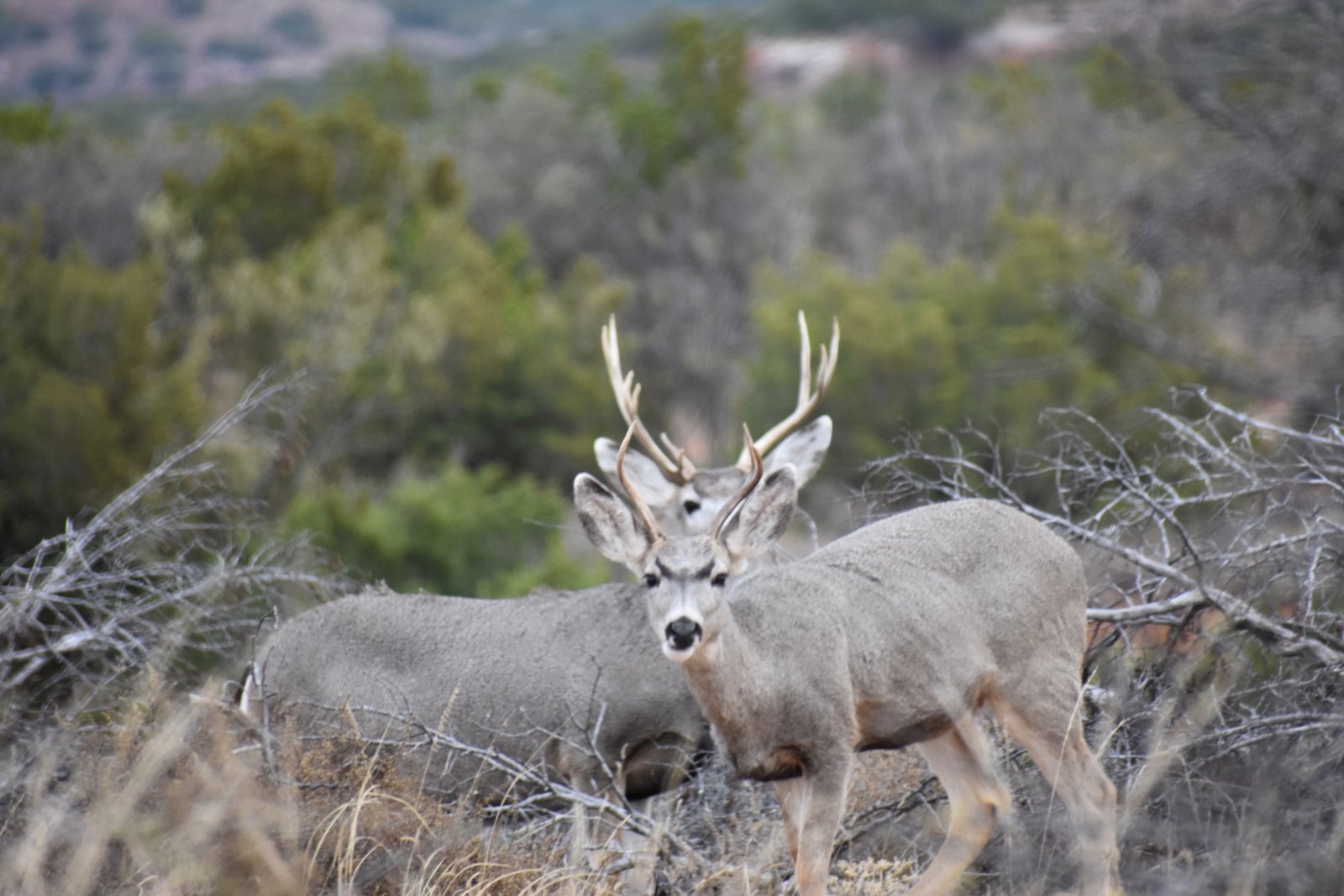
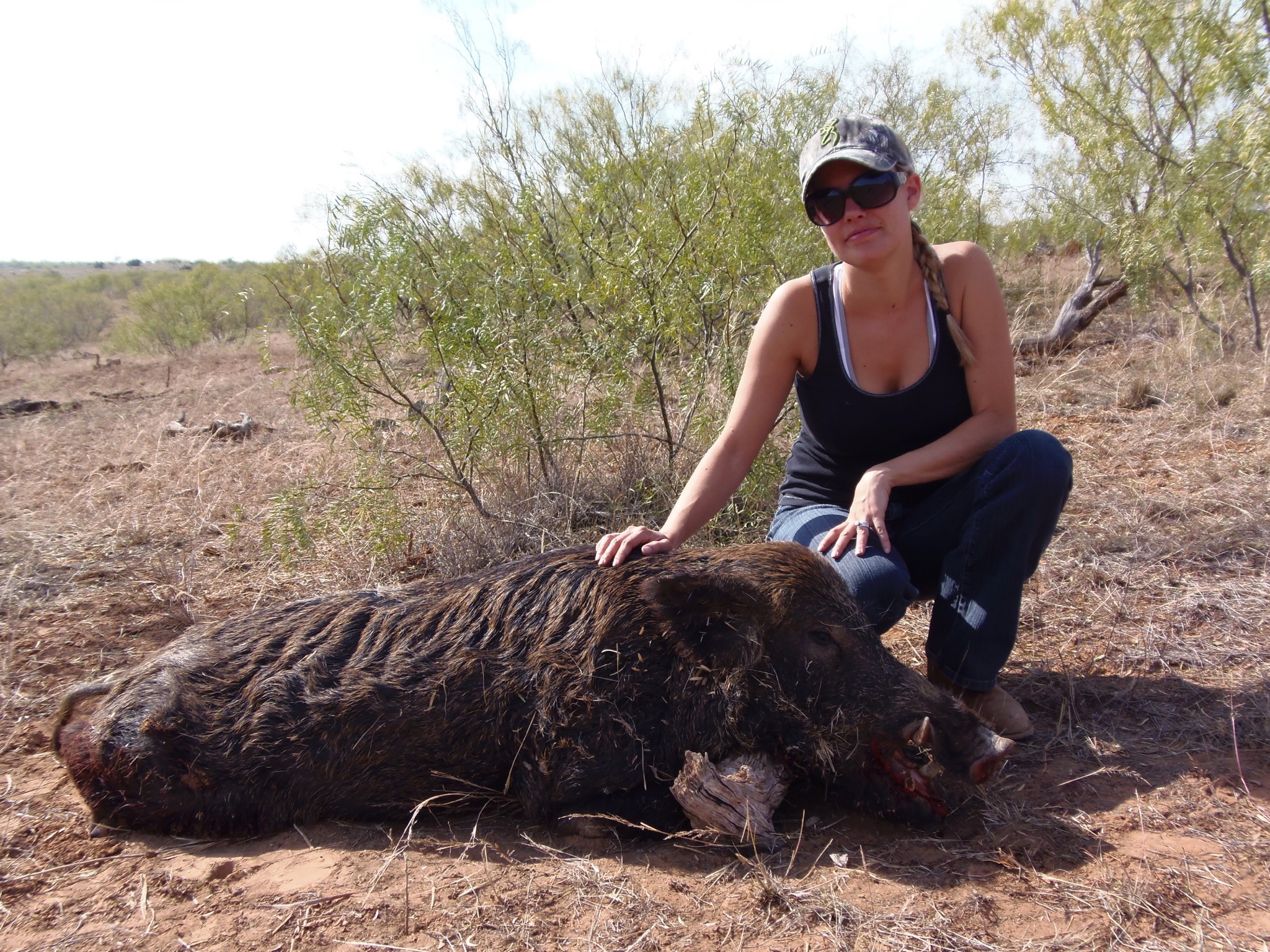
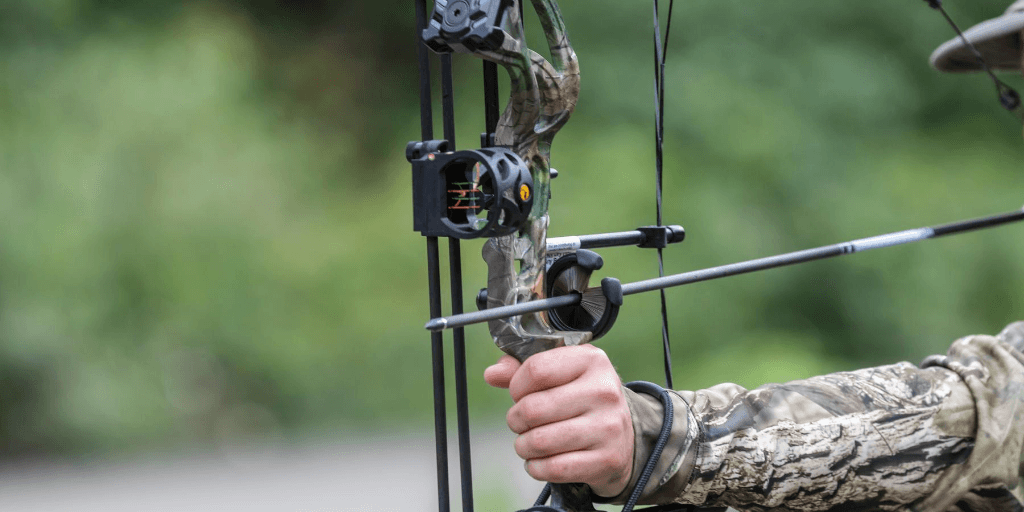


3 thoughts on “Unlocking the Adventure: How to Get a Hunting License”